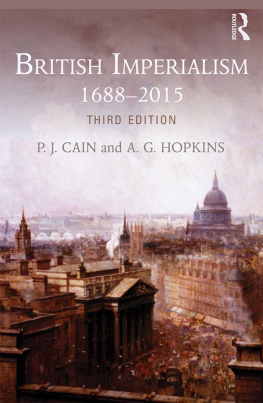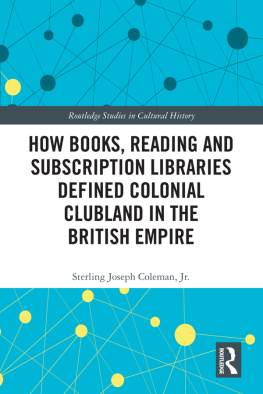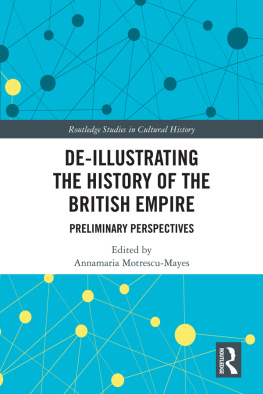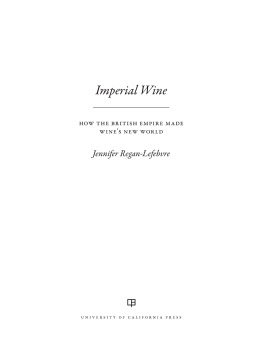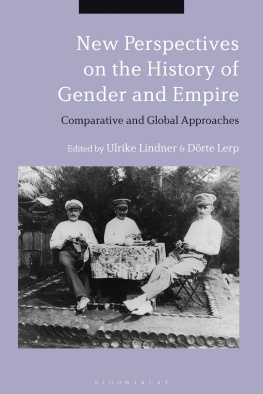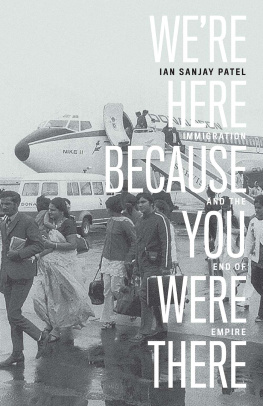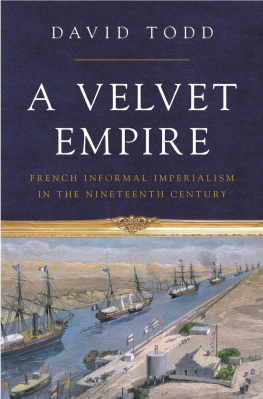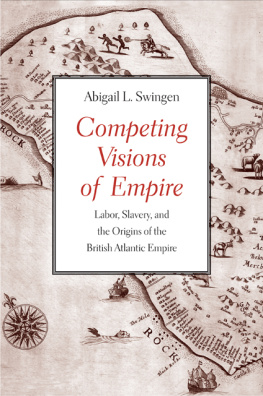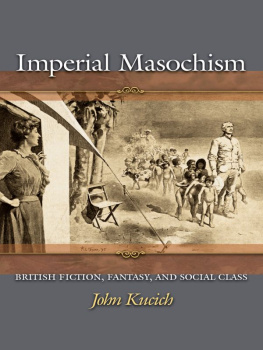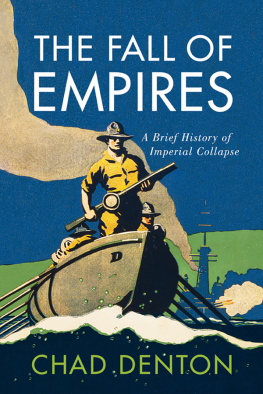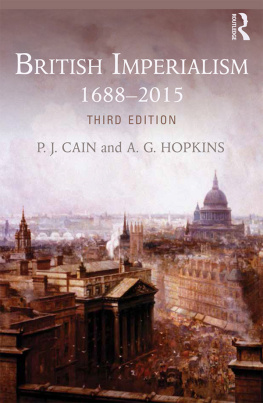A milestone in the understanding of British history and imperialism, this ground-breaking book radically reinterprets the course of modern economic development and the causes of overseas expansion during the past three centuries. Employing their concept of gentlemanly capitalism, the authors draw imperial and domestic British history together to show how the shape of the nation and its economy depended on international and imperial ties, and how these ties were undone to produce the post-colonial world of today.
Containing a significantly expanded and updated Foreword and Afterword, this third edition assesses the development of the debate since the books original publication, discusses the imperial era in the context of the controversy over globalisation, and shows how the study of the age of empires remains relevant to understanding the post-colonial world. Covering Britains formal empire and informal influence and taking a broad chronological view from the seventeenth century to post-imperial Britain today, British Imperialism: 16882015 is an essential text for all students of imperial and global history.
This study presents a major theory that makes a great deal of sense and explains much about how the imperial system operated. It is sure to stimulate a great amount of thought while scholars ponder its lessons. This is a tremendous work of scholarship, synthesising an enormous body of research, and presenting an original thesis with possibly huge implications. It is the standard work on British imperialism and may remain so for the foreseeable future. (R.D. Long, Choice , Nov. 1993).
This two-volume study offers the most significant and sweeping reassessment of the history of modern British imperialism since the publication of Africa and the Victorians more than three decades ago. (Charles Ambler, International Journal of African Historical Studies , 28, 1995).
the most important reworking of economic history since Hobson and Tawney. It is a stunning mixture of narrative, analysis and brilliant historiographical deconstruction. (Denis MacShane, New Statesman , 11 March 94).
Once every few years a new interpretative synthesis of an entire historical field appears, makes us think again about long-held assumptions and continues to be mined for quotations for examination fodder for years to come. Ronald Robinson and John Gallaghers Africa and the Victorians (1961, 1981) was one such and this two-volume work may well become another. It is a brilliantly written and challenging tour de force that attempts to provide a unified explanation for British imperial expansion, and the changes which it underwent, by locating the decisive agents in the class defined as gentlemanly capitalists. (John Flint, International History Review , 16, 1994).
a magisterial account of 300 years of British history, properly putting the empire right at the centre of British commercial and political considerations. (Will Hutton, The Guardian , 7 June 93).
It is thus a total revision, not only of the history of colonisation but also of the history of Great Britain in general, which offers us a picture of empire that is as erudite as it is stimulating. (Catherine Coquery-Vidrovitch, Le Monde Diplomatique , Oct. 1993: translated from French).
The authors have worked through an immense secondary literature in an extraordinarily impressive way. Known facts are newly illuminated and placed in new contexts. The differences with other historians are differentiated and fair, even gentlemanly. The study is skilful, the reading a pleasure. In my opinion, the two volumes by Cain and Hopkins can be counted among the most important achievements of modern historical scholarship. (Rudolf von Albertini, Neue Zurcher Zeitung , 4 March 1995: translated from German).
Nothing can however detract from the epic scale of Cain and Hopkinss achievement. Students of empire or its legacy may debate or disagree with British Imperialism but none now can avoid it. (Richard Drayton, Journal of Southern African Studies , 20, 4).
Dr Cain and Professor Hopkins cannot be praised sufficiently for their work, the product of extraordinary research, a wide historical imagination, high ability at synthesis, and most of all, accurate analysis. (W. D. Rubinstein, Business History , 36, 1994).
Cain and Hopkins arguments are unlikely to be accepted in their entirety by other scholars, any more than those of Robinson and Gallagher were 30 years ago, but they represent the most important new thinking for a decade and will undoubtedly spark off a debate every bit as lively as that of the sixties and seventies. (Muriel Chamberlain, The Historian , Autumn 1993).
Written with rare elegance and matchless erudition, this brilliant study will be the benchmark against which other contributions will be measured well into the next century. (Ian Phimister, Journal of African History , 35, 1994).
one of the most important developments in the study of British history and is essential reading for anyone working in the City (Bill Jamieson, Sunday Telegraph , 20 March 1994).
To force so many specialists to re-examine and probably to adjust their long-accepted ideas is in itself a very remarkable achievement a most powerful element in the complex fabric of British imperial expansion has emerged from their books. All historians of empire are deeply in their debt. (P. J. Marshall, Times Literary Supplement , 20 August 1993).
British Imperialism is a work of impressive scholarship that draws upon a multiplicity of published sources. Its authors achievement is the more remarkable when it is considered that a companion volume, outside the scope of this review, takes their analysis forward to 1990. (David Nicholls, Victorian Studies , 37, 1994).

